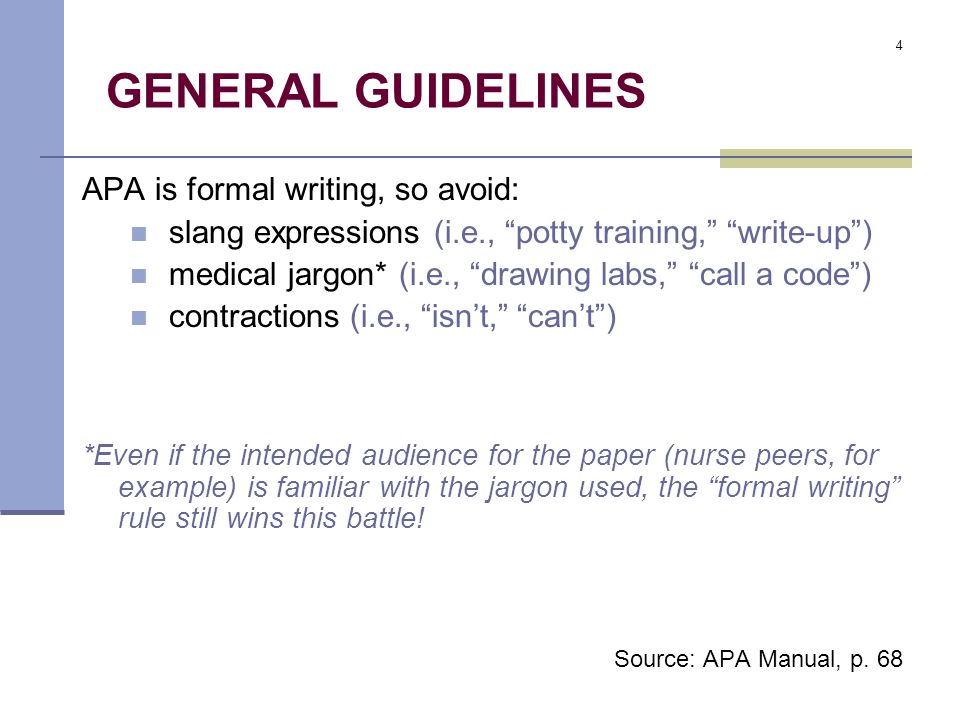How to write an apa paper in first person be written
When printing this page, you must include the entire legal notice.
Q. What is writing in the third-person or first-person? When do I use them and when not?
This material may not be see more, reproduced, broadcast, rewritten, or redistributed without permission.
Use of this site constitutes acceptance of our terms and conditions of fair use. APA American Psychological How to write an apa paper in first person be written style is most commonly used to cite sources within first person social sciences.
For more information, how write consult the Publication Manual of the American Psychological Association6 th ed. Writing in APA is more than simply learning the formula for citations or following a certain page apa paper. APA also includes the stylistics of how to write an apa paper in first person be written writing, from point of view to word choice.
APA Stylistics: Basics // Purdue Writing Lab
When writing in APA Style, you can use the first person point of view when discussing your research steps "I studied Use first person to discuss research steps rather than anthropomorphising the work.
For example, a study cannot "control" or "interpret"; you and your co-authors, however, can.

In general, you should foreground the research and not the researchers /graduate-admissions-essay-help.html results indicate Avoid using the editorial "we"; if you use "we" in your writing, be sure that "we" refers to you and your fellow researchers.
It is a common misconception that foregrounding the research requires using the passive voice "Experiments have been how to write an apa paper in first person be written Rather, you would use pronouns in place of "experiments" "We conducted experiments APA Style encourages using the active voice "We interpreted the results The active voice is particularly important in experimental reports, where the subject performing the action click be clearly identified e.
Q. Can I use first-person pronouns in APA?
here Consult the OWL handout for more on the distinction between passive and active voice. Clarity and conciseness in writing are important when conveying research in APA Style. You don't want to misrepresent the details of a study or confuse your readers with wordiness or unnecessarily complex sentences.

For clarity, be specific rather than vague in descriptions and explanations. Unpack details accurately to provide adequate information to your readers so they can follow the development of your study.
:max_bytes(150000):strip_icc()/sample-page-2-56a4b8c93df78cf77283f242.png)
Review of literature on kmc
Research writers frequently wonder whether the first person can be used in academic and scientific writing. For example, the first person is more likely used in the abstract, introduction, discussion, and conclusion sections of an academic paper while the third person and passive constructions are found in the methods and results sections. In this article, we discuss when you should avoid personal pronouns and when they may enhance your writing.

Law admission essay sample
The first-person voice is from the writer's perspective and shares emotion, thought processes, personal experiences, and reflection. First-person writing uses pronouns such as I and me.

Essay writer au uk
APA stylists prefer first person I reviewed the literature to third person the researcher reviewed the literature , and certainly, to passive voice the literature was reviewed. The main reason for using first person rather than third person or passive voice is to achieve clarity in our writing.
2018 ©